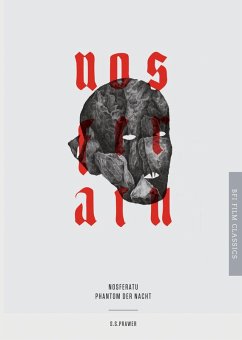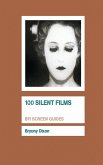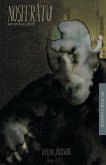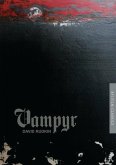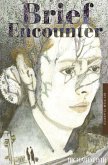Werner Herzog's Nosferatu - Phantom der Nacht (1979) is one of the masterpieces of the New German Cinema of the 1960s and 70s. Adapted from Bram Stoker's Dracula, and mindful too of F. W. Murnau's earlier German film version of that same novel, Herzog's film is perhaps the most compelling screen treatment of the vampire myth.
In this comprehensive account of Nosferatu, S. S. Prawer begins with discussion of Stoker's book, the cultural fascination with vampires, and the formation and evolution of Herzog's career. Taking the production history into account, Prawer ultimately foregrounds the cultural and aesthetic components of the film that combine to such powerful effect.
This second edition features a new foreword by Brad Prager and original cover artwork by Matt Brand.
In this comprehensive account of Nosferatu, S. S. Prawer begins with discussion of Stoker's book, the cultural fascination with vampires, and the formation and evolution of Herzog's career. Taking the production history into account, Prawer ultimately foregrounds the cultural and aesthetic components of the film that combine to such powerful effect.
This second edition features a new foreword by Brad Prager and original cover artwork by Matt Brand.

